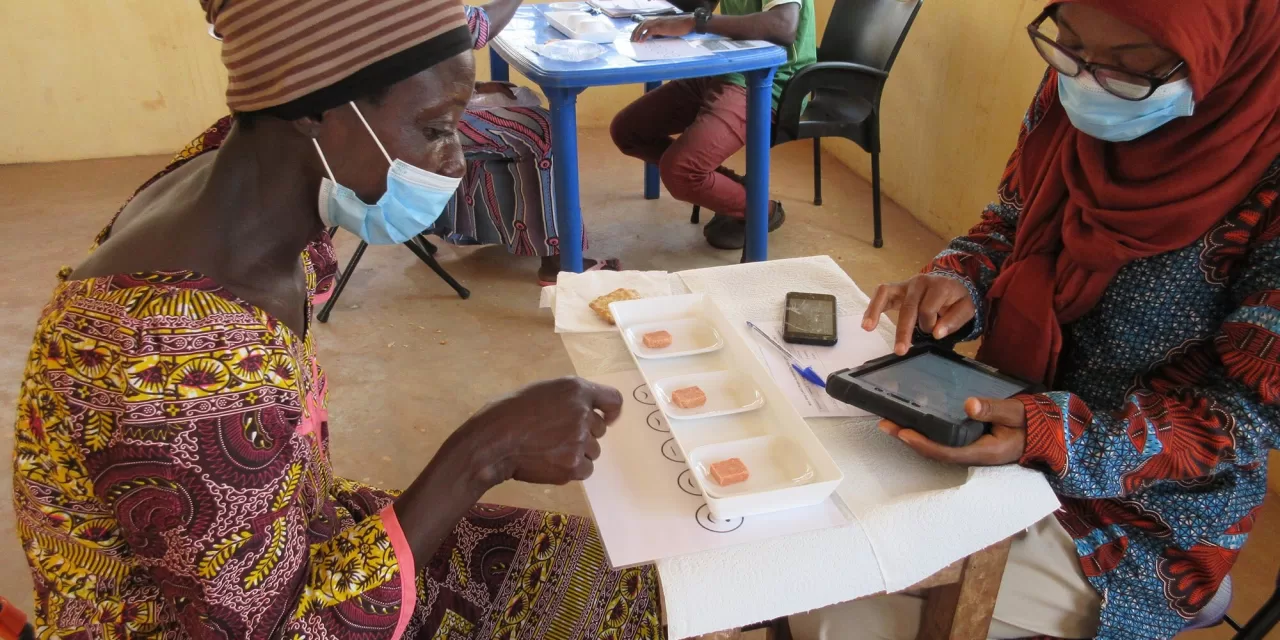Abuja, Nigeria – December 18, 2024 – In a significant move to address widespread malnutrition and reduce child mortality, the Nigerian government has enacted a new industrial standard for bouillon cubes, requiring the voluntary addition of essential micronutrients such as iron, zinc, folic acid, and vitamin B12 in both domestically produced and imported bouillon. This new policy is aimed at improving the nutritional status of millions of Nigerians, particularly young children, who suffer from micronutrient deficiencies.
Bouillon cubes, a ubiquitous ingredient in West African kitchens, are widely consumed across Nigeria and other parts of the region, making them an ideal vehicle for micronutrient fortification. Unlike other fortified foods such as wheat flour or edible oils, which have limited consumption in certain populations, bouillon cubes are used by nearly every household, irrespective of socio-economic status or geographic location, offering a more equitable pathway to improve public health.
The initiative is the result of collaborative research led by the University of California, Davis, and the Nigerian government, alongside international researchers. Using advanced modeling tools, including the Micronutrient Intervention Modeling (MINIMOD) framework, the team demonstrated that fortifying bouillon cubes with vital micronutrients could significantly reduce nutrient deficiencies, which are a major cause of poor health, stunted growth, and high child mortality rates.
The research team predicts that, if fully implemented, the new fortification standard could prevent over 57,000 child deaths in Nigeria between 2023 and 2030. These projections are based on evidence suggesting that the fortified bouillon will substantially reduce deficiencies in key micronutrients, especially folate, zinc, and vitamin A, which are critical for healthy growth and development in children.
Micronutrient deficiencies remain a significant challenge in many West African countries, including Nigeria, where inadequate access to diverse and nutritious foods has contributed to widespread malnutrition. This has led to a high incidence of developmental delays, weakened immunity, and increased child mortality. Iron, zinc, folic acid, and vitamin B12 are crucial for various physiological functions, including immune support and cognitive development.
Stephen A. Vosti, one of the lead researchers from UC Davis, expressed optimism about the potential of this initiative: “We’re pleased to see the Nigerian government implement these new standards. This approach, which leverages the broad reach of bouillon cubes, has the potential to save thousands of lives and improve the health of children across the region.”
The collaborative efforts also included a community-based study conducted by researchers from UC Davis and the University of Ghana, testing the acceptability of micronutrient-fortified bouillon cubes among households in West Africa. The results were overwhelmingly positive, with more than 90% of participants expressing approval of the fortified bouillon. This success has paved the way for further studies to evaluate the long-term health impacts of the intervention.
A randomized controlled trial in the region is underway to assess the effects of fortified bouillon on micronutrient status and health outcomes. Early results indicate that the fortification could lead to significant improvements in nutrition and may contribute to a reduction in child mortality rates due to micronutrient deficiencies.
The fortification of bouillon cubes is just one of several ongoing efforts to address malnutrition in the region. However, experts believe it holds a unique advantage due to its widespread consumption across various demographic groups.
Katherine Adams, a researcher involved in the study, emphasized the importance of such interventions: “This is a vital step forward in the fight against preventable health problems in West Africa. Bouillon fortification offers a practical and effective way to combat micronutrient inadequacies and improve child health.”
In conclusion, Nigeria’s adoption of micronutrient-fortified bouillon cubes marks a significant milestone in the country’s efforts to reduce malnutrition and preventable child deaths. By using a widely consumed food item as a vehicle for fortification, the policy promises to provide a more equitable solution to nutritional deficiencies, benefiting the nation’s most vulnerable populations.
For further information on the study, refer to:
- Bouillon fortification as a strategy to address inequities in micronutrient adequacy of diets in Nigeria – Annals of the New York Academy of Sciences (2024).
- Modeled impacts of bouillon fortification with micronutrients on child mortality in Senegal, Burkina Faso, and Nigeria – Annals of the New York Academy of Sciences (2024).












